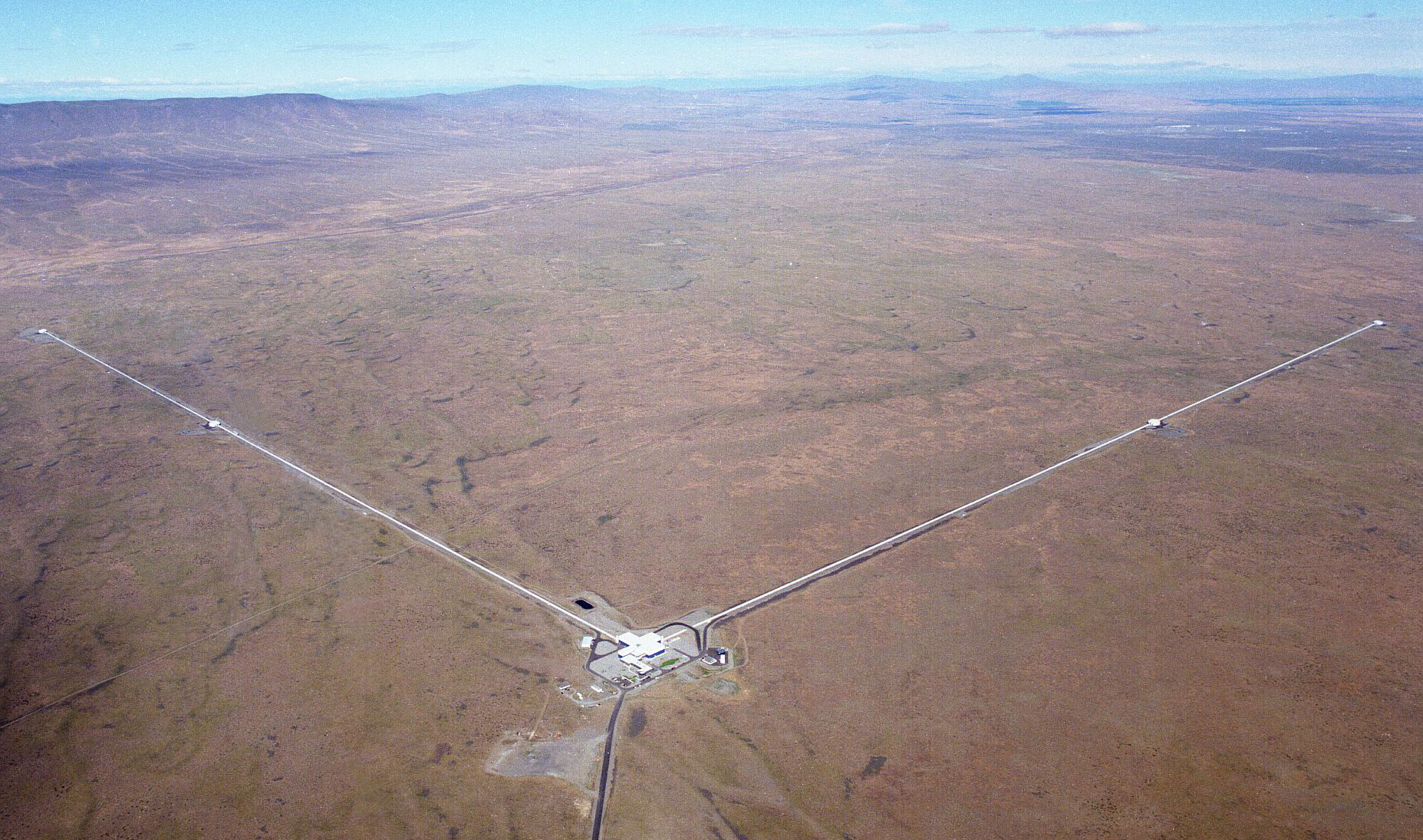This question was inspired by my reading of Remains of the Day by Kazuo Ishiguro. The book talks about the story of an English butler in the 1930s. One of the key questions which he ponders about is "What makes a great butler?" Though the question seems to be quiet limited in the scope as he puts it, but his analysis takes subtle forms which I think could apply to any profession.
It made me think, what makes a great entrepreneur or a great technologist? Since these are the two field of endeavours which I most closely associate myself with. Prima facie, the question is non-trivial.
Is it the degree of success you have had? But success is also a function of luck, which at best is a random variable.
Is it the amount of monetary success or how rich you are? But again, money is just one metric. Many of the world's greatest thinkers and influencers weren't rich but were great in their own right.
So, what really constitutes greatness?
The way Mr Stevens, the protagonist in the aforementioned book, defines greatness for a butler is:
1.Having dignity
2.Being associated with a "distinguished" household
The sense in which he uses dignity is very close to the sense in which Rudyard Kipling talks about facing triumph and disaster. To quote
If you can meet with Triumph and Disaster
And treat those two impostors just the same;
Essentially maintaining one's equanimity in both adverse and favorable situations.
Being associated with a "distinguished" household is more nuanced. Mr Stevens talks about helping the noblemen to whose house he serves address the problems facing humanity. He derives satisfaction from the fact that his service is in a way helping his lordship, his employer to address the current problems facing the world or leading to its development.
That's a great way of looking at it. How is your work helping solve the biggest problems facing mankind or developing it? As a technologist/entreprenuer, we must judge our ventures on this rubric. Otherwise, whats the point of it all?
I recently had the fortune of attending a public lecture organised by ICTS in which Nobel Laureate Kip Thorne was talking about his efforts to detect Gravitational waves. Gravitational waves, for the uninitiated are waves in the fabric of space time which emerge when objects with high mass accelerate towards each other. Generally this are observed when Black Holes are formed or neutron stars collide, and give us a sense of what happens when matter is present in high densities - where the fabric of spacetime is very different from how we experience it.
 LIGO Observatory in Hanford, Washington
LIGO Observatory in Hanford, Washington
What particularly struck me in his talk was that, he started his quest to detect Gravitational waves in 1970s and his group was able to detect them finally in 2015. Such a long focus on working towards a particular goal. I wonder if we in the current generation can focus on something for so long - with the modern ethos of "Break things and fail fast"
But detecting gravitational waves and analysing the information they convey is really a momentous endeavour. It helps us answer the most profound of all questions - "What does this all mean?"
How matter and time behaved in the first 10-22 seconds of the Big Bang can help us understand things about our universe which are unknown to us till now.
So the real question is - What are we working on which helps solve the human quest of our time? I think that is the key question. And that is the closest proximate for ascertaining greatness I can come to.